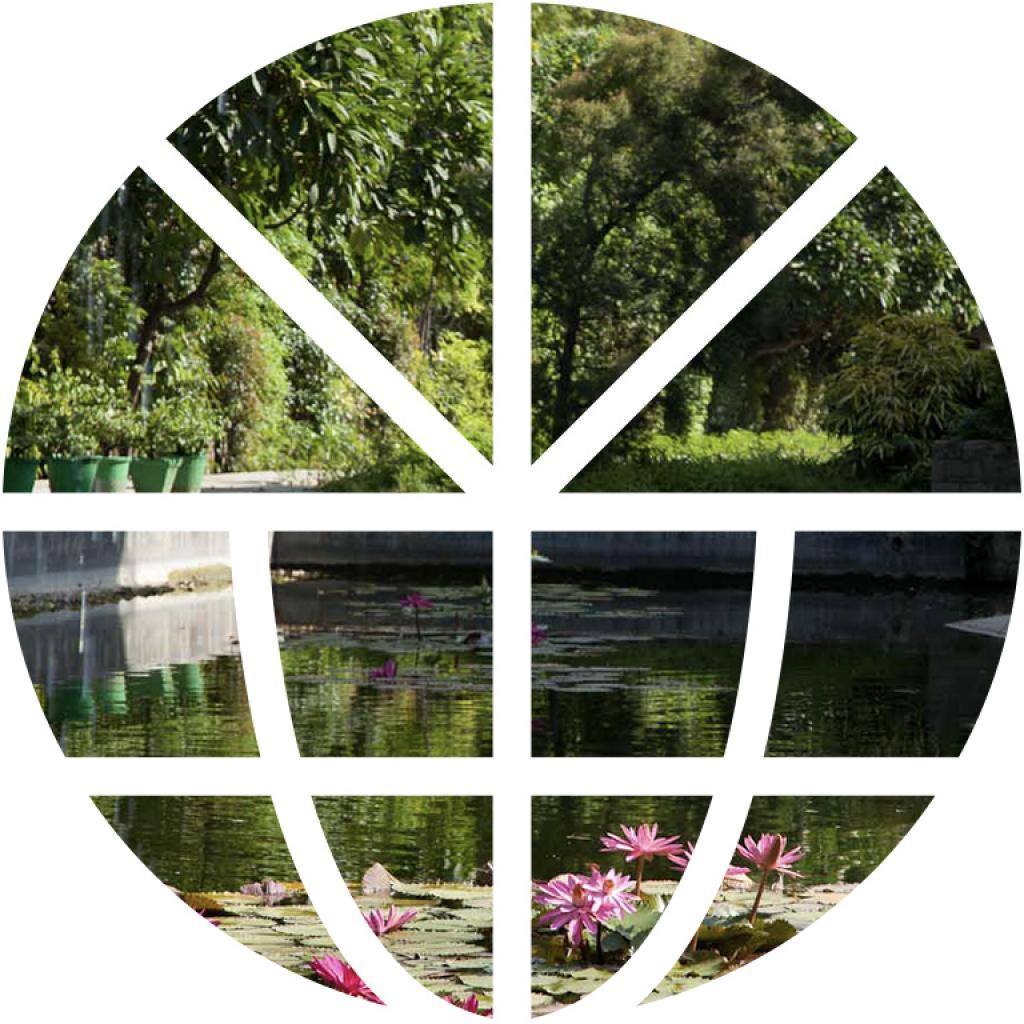20 September 2017, 05:30 am
Conflicts Post Conflicts and Peoples Memory
Programme Type
Discussions
Conflicts, Post Conflicts and Peoples’ Memory
Any crisis in any society leaves behind a huge burden of memory and a general mass of people as the main actors/sufferers during the crisis and survivors of the same have to carry this burden on their mind for a long period of time. This is true of the post Nazi period and survivors of the holocaust in Germany, as is true of the post-Civil War Spain, the post dictatorship Latin America or closer home the aftermath of the partition. Society in general and writers, poets, artists, filmmakers in particular negotiate the situation in a special manner. On the other hand in the post-conflict situation the State/Government sets a different agenda. If the peoples’ endeavor is to resist the forgetting, a democratic State that takes over the state power after the crisis aims at having a calm and quiet atmosphere by using such methods as pact of Silence or of forgiving and forgetting.
The series will include talks, discussions and will also look at texts (fiction/nonfiction), films, paintings and other art production
The panel discussion on 20 September will focus specifically on Post Dictatorship Latin America and Post Partition and Post 1984 Sikh Riots situation
Series Coordinator: Prof. Vibha Maurya who will give an introduction
Panelists: Vijaya Venkataram, Associate Professor, Hispanic Studies, Delhi University will speak on The Question of Memory and Post Memory in Post Dictatorship Latin America
Krishnan Unni, Assistant Professor, Department of English, Deshbandhu College will speak on Memory and Time as manifested in Literatures
Balwant Kaur, Assistant Professor, Department of Hindi, Miranda House will speak on Journey through Memory and Post Memory from 1947 to 1984
(Collaboration: Department of Germanic and Romance Studies, University of Delhi)

